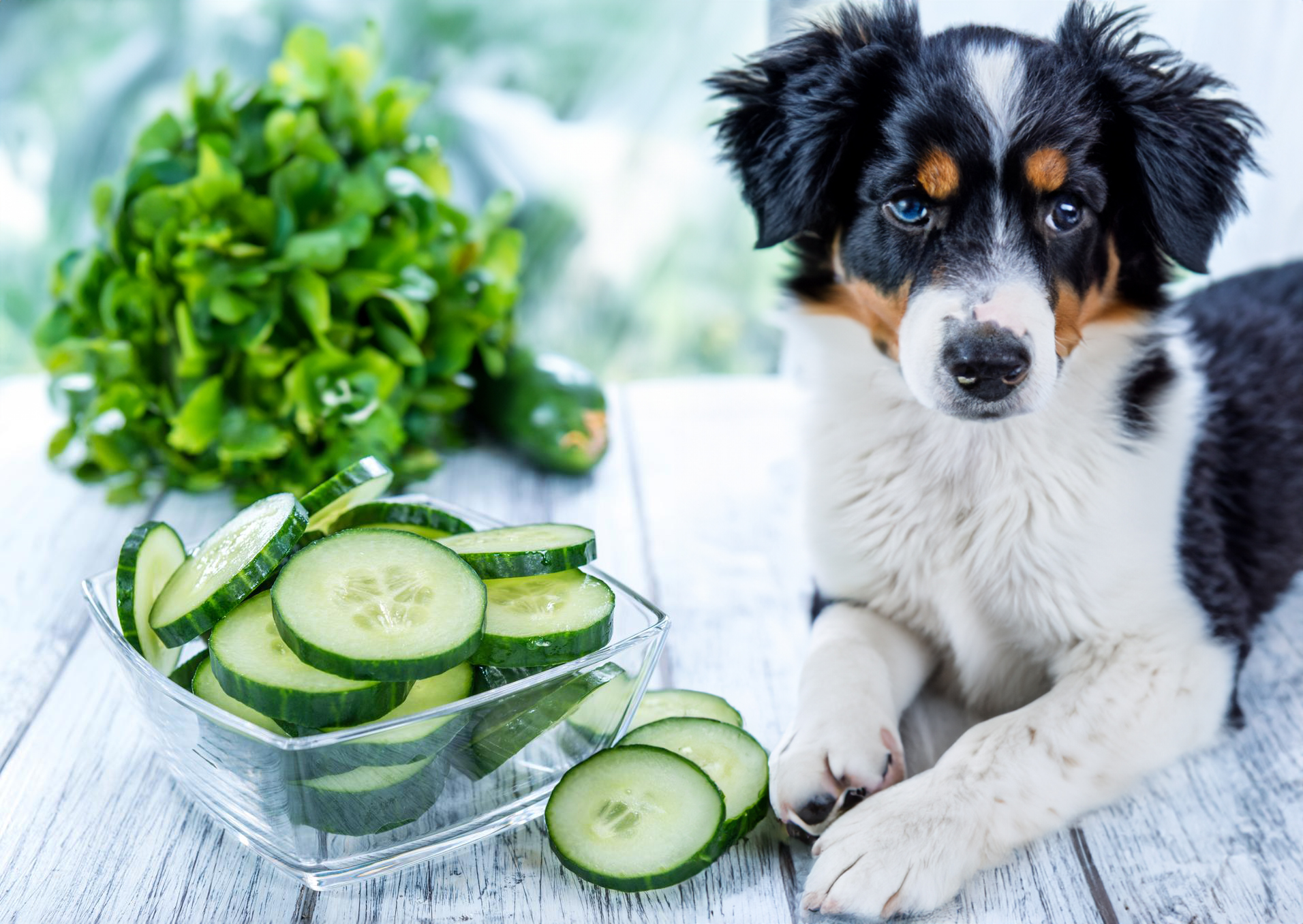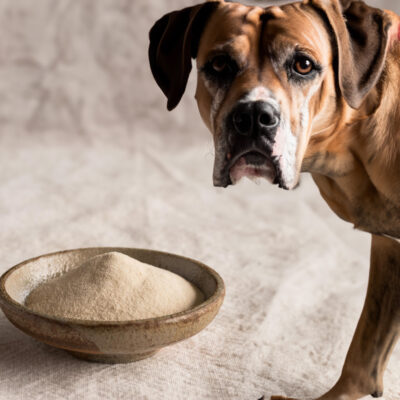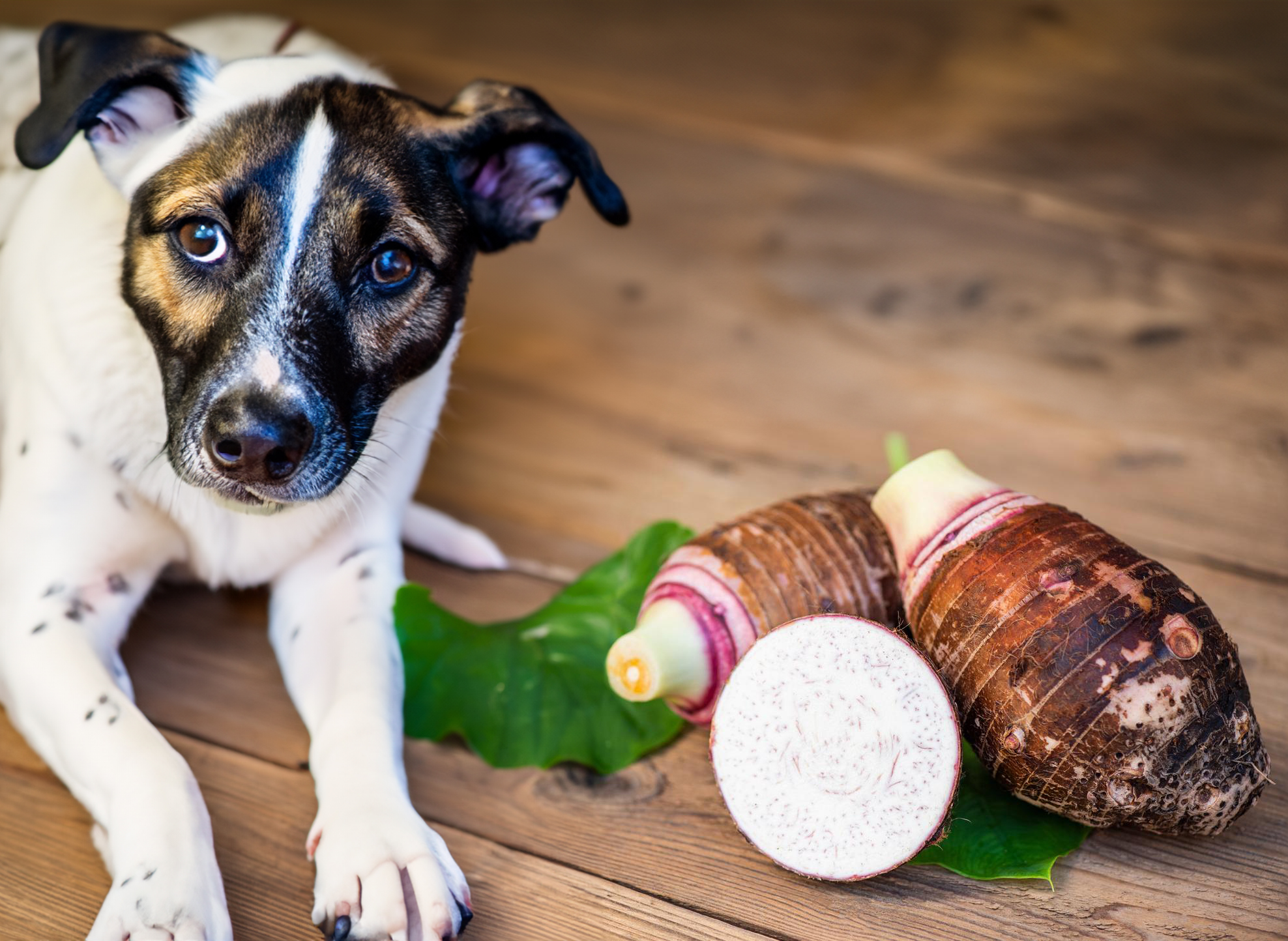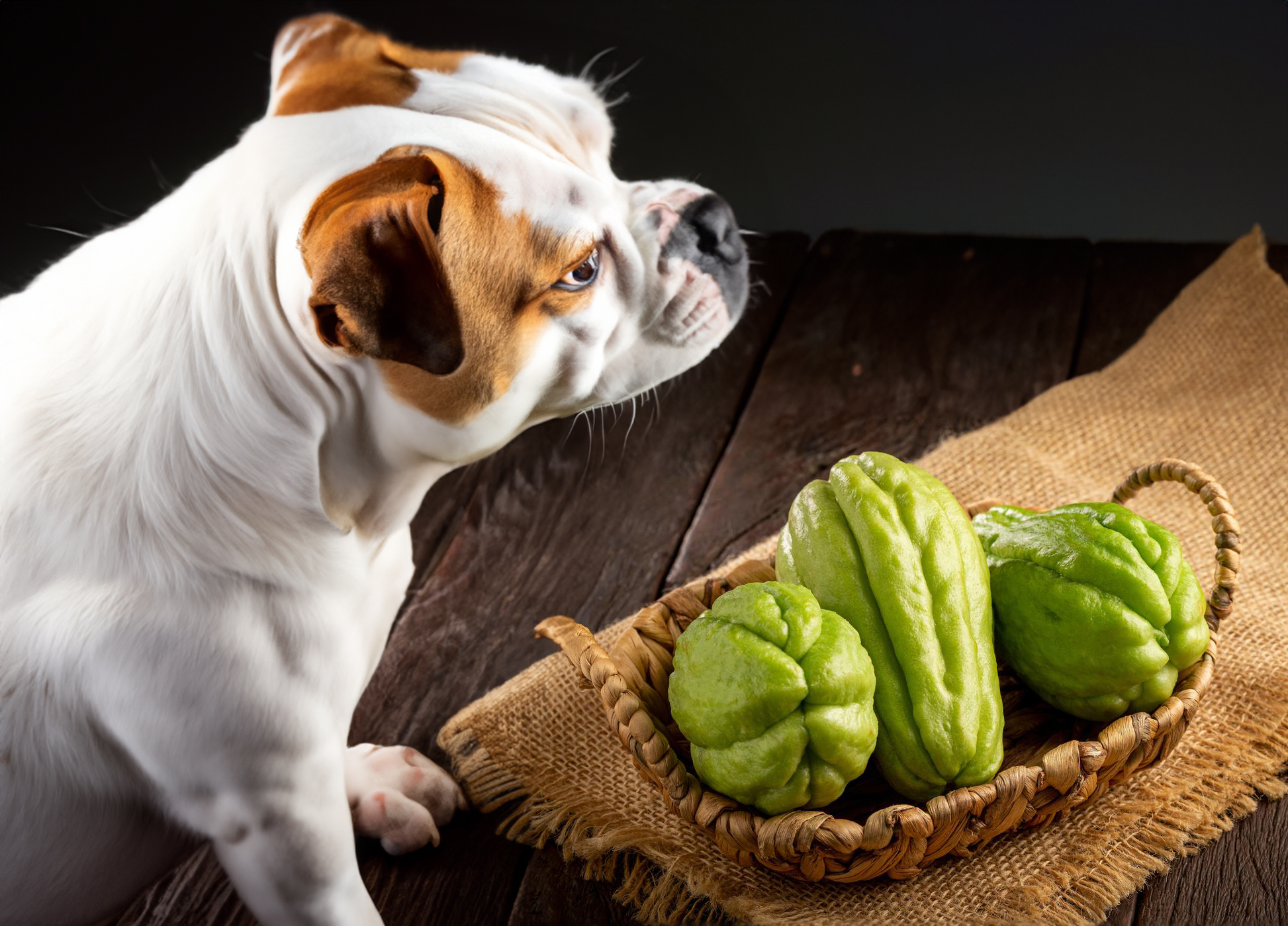Can dogs eat cucumber? It’s a question many pet owners have asked before. Cucumbers are a healthy and nutritious snack for humans, but can our four-legged friends enjoy them too? In this blog post, we’ll explore the truth about cucumbers and dogs: whether or not it is safe for your pup to snack on cucumbers. We’ll cover the nutritional benefits of cucumbers for dogs, how to feed cucumbers to your pup safely, and what to do if your dog eats cucumber without your knowledge. Get ready to learn all about the healthy or harmful effects of cucumbers for dogs!
What Are the Nutritional Benefits of Cucumber?
Cucumbers are a low-calorie and hydrating vegetable that can provide some nutritional benefits to dogs. They are rich in water, which helps to keep dogs hydrated and aids in digestion. Cucumbers also contain vitamins A, K, and C, as well as minerals like magnesium and potassium. These nutrients contribute to overall immune system health, bone strength, and muscle function. Additionally, the high fiber content in cucumber can help regulate a dog’s bowel movements and promote a healthy digestive system. While cucumbers can be a healthy addition to a dog’s diet, it’s important to feed them in moderation and ensure they are prepared and served properly to avoid any potential risks.
Can Dogs Eat Cucumber Safely?
When it comes to dogs and cucumbers, the answer is generally yes, they can safely eat cucumbers. However, there are a few things to keep in mind. First, always remove the cucumber seeds as they can pose a choking hazard. Second, it’s important to wash the cucumber thoroughly and remove any wax or pesticide residue before feeding it to your dog. Lastly, introduce cucumbers gradually into your dog’s diet to avoid any potential digestive upset. While cucumbers are generally safe for dogs, every dog is different, so it’s always a good idea to consult with your veterinarian before making any significant changes to your pet’s diet.
To safely feed your dog cucumbers, start by cutting them into small, bite-sized pieces. This not only helps to prevent choking but also makes it easier for your dog to digest. Always wash the cucumber thoroughly to remove any dirt or potential chemical residue, and opt for organic cucumbers whenever possible. Remember to introduce cucumbers gradually into your dog’s diet and observe for any adverse reactions.
If your dog shows any signs of discomfort, such as vomiting or diarrhea, after consuming cucumbers, it’s best to consult with your veterinarian. They can provide guidance tailored to your dog’s specific needs and help you determine whether cucumber is a suitable addition to their diet.
While cucumbers can be a safe and healthy snack for dogs, it’s important to remember that they should not replace a balanced and nutritious diet. Variety is key, so consider offering your dog other healthy treats, such as carrots or blueberries, to ensure they receive a diverse range of nutrients.
Potential Risks of Feeding Your Dog Cucumber
While cucumbers can be a safe and healthy snack for dogs, there are a few potential risks to be aware of. First, if your dog has a sensitive stomach or digestive issues, introducing cucumber may cause an upset stomach or diarrhea. It’s important to start with small amounts and monitor your dog’s reaction. Additionally, some dogs may have an allergy or sensitivity to cucumber, which could lead to symptoms such as itching, swelling, or difficulty breathing. If you notice any adverse reactions after feeding your dog cucumbers, it’s best to consult with your veterinarian to determine the cause and find a suitable alternative snack for your furry friend.
How to Safely Feed Your Dog Cucumber
When feeding your dog cucumber, it’s important to take certain precautions to ensure their safety. First, always slice the cucumber into small, bite-sized pieces to prevent choking hazards. Remove the seeds as they can be difficult for dogs to digest and may pose a choking risk. Additionally, make sure to wash the cucumber thoroughly to remove any potential pesticides or wax residue. You can offer the cucumber slices as a standalone treat or mix them with your dog’s regular food. Start by giving your dog a small amount of cucumber and monitor their reaction. If your dog shows any signs of digestive upset or allergic reaction, discontinue feeding cucumbers and consult your veterinarian.
Alternative Healthy Snacks for Dogs
While cucumber can be a healthy and refreshing snack for dogs, there are also many other nutritious options you can consider. Some alternative healthy snacks for dogs include:
- Carrots: Carrots are low in calories and high in fiber and vitamins. They make a great crunchy snack that can help clean your dog’s teeth and promote good oral health.
- Blueberries: These tiny fruits are packed with antioxidants, fiber, and vitamins. They are a tasty and healthy treat that can be enjoyed by dogs in moderation.
- Apples: Apples are a great source of vitamins A and C, as well as fiber. Just remember to remove the seeds and core before feeding them to your dog.
- Green beans: Green beans are low in calories and high in fiber and vitamins. They can be a nutritious and filling snack for dogs, especially those on a weight management diet.
- Pumpkin: Pumpkin is a good source of fiber and can help with digestive issues in dogs. It can be served as a puree or added to your dog’s food.
Remember, when introducing any new snack to your dog, it’s important to do so gradually and in moderation. Always consult with your veterinarian to ensure that the snacks you choose are appropriate for your dog’s individual needs and dietary restrictions.










